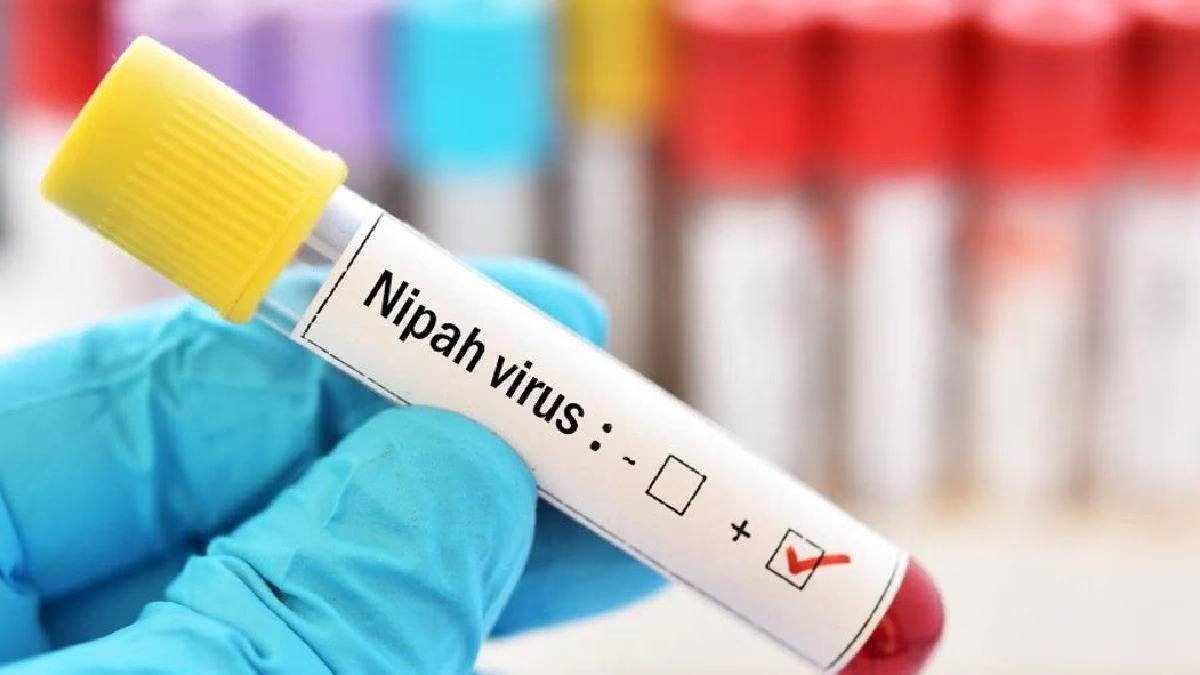After the death of a 14-year-old boy due to Nipah virus in Kerala, the central government has taken a significant step. The central government has decided to deploy a multi-member response team to the state to investigate the case, control the epidemic, and provide technical support to Kerala. It is worth mentioning that the Nipah virus death case was reported in Malappuram district.
What the Ministry of Health Said...
In a statement on Sunday, the Union Health Ministry said that the 14-year-old boy who died had acute encephalitis syndrome and was admitted to a hospital in Perinthalmanna before being transferred to a hospital in Kozhikode. Samples sent to the National Institute of Virology in Pune confirmed the Nipah virus infection.
The statement added that the Nipah virus outbreak has previously been reported in Kerala. The last occurrence was seen in the Kozhikode district in 2023. The Health Ministry has advised the state to immediately implement public health measures. Orders have been issued to identify the contacts of the deceased and test people in the vicinity. The state government has also been advised to track down those who were in contact with the patient in the last 12 days and keep them under strict quarantine.
Center to Send Team for Investigation
The statement also said that under the 'One Health' mission of the Health Ministry, a multi-member response team will be deployed to support the state in investigating the case, identifying epidemiological links, and providing technical assistance.
Also Read: 14-Year-Old Teen Dies of Nipah Virus in Kerala, 4 Admitted to Medical College
What is Nipah Virus?
Reports suggest that the first case of Nipah infection was reported in 1998-99. It was first seen in Kampong Sungai Nipah, Malaysia. Over 250 individuals were affected by this infection here. The Nipah infection was first observed in Kampong Sungai Nipah, Malaysia, which is why it was named Nipah. Bats are considered the primary carrier of the Nipah virus. It can spread to humans through fruits or other foods contaminated by bats. Health experts recommend thoroughly cleaning fruits and vegetables before consumption and avoiding fruits that have been partially eaten by birds.




